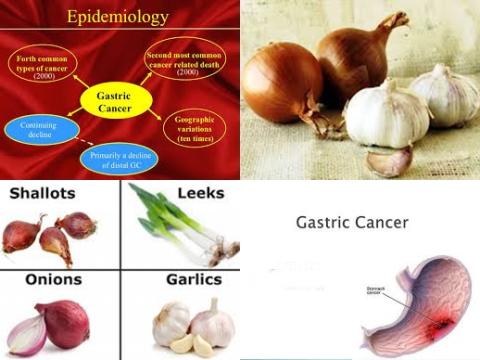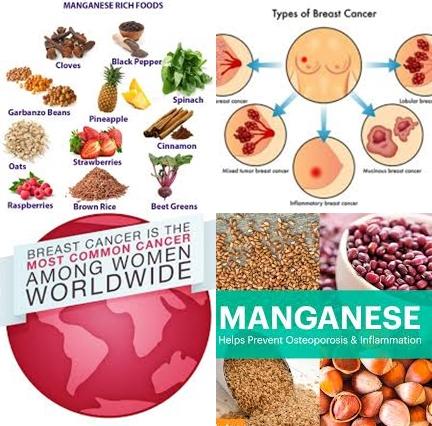100-400g/day fruits and vegetables reduce risk of lung cancer
Objectives:
Lung cancer is the most common cause of cancer death. Fruits and vegetables containing carotenoids and other antioxidants have been hypothesized to decrease lung cancer risk. Therefore, this meta-analysis (systematic review) has been conducted.
Do fruits and vegetables reduce lung cancer risk?
Study design:
This review article included prospective cohort studies up to December 2014.
Results and conclusions:
The investigators found in 18 studies, when comparing the highest fruits and vegetables with the lowest intakes, a significantly reduced risk of 14% for lung cancer [summary RR = 0.86 [95% CI = 0.78-0.94].
The investigators found in 25 studies, when comparing the highest vegetables with the lowest intakes, a significantly reduced risk of 8% for lung cancer [summary RR = 0.92 [95% CI = 0.87-0.97].
The investigators found in 29 studies, when comparing the highest fruits with the lowest intakes, a significantly reduced risk of 18% for lung cancer [summary RR = 0.82, 95% CI = 0.76-0.89].
The investigators found the association with fruit and vegetable intake was marginally significant in current smokers and inverse but not significant in former or never smokers.
The investigators found in 4 studies for each 100 g/day increase of fruits and vegetables, a significantly reduced risk of 4% for lung cancer [RR = 0.96, 95% CI = 0.94-0.98, I2 = 64%, n (cases) = 9,609].
The investigators found in 20 studies for each 100 g/day increase of vegetables, a significantly reduced risk of 6% for lung cancer [RR = 0.94, 95% CI = 0.89-0.98, I2 = 48%, n (cases) = 12,563].
The investigators found in 23 studies for each 100 g/day increase of fruits, a significantly reduced risk of 8% for lung cancer [RR = 0.92, 95% CI = 0.89-0.95, I2 = 57%, n (cases) = 14,506].
The investigators found the results were consistent among the different types of fruits and vegetables. However, the strength of the association differed across locations.
The investigators found evidence of a non-linear relationship [p 0.01] between fruit and vegetable intake and lung cancer risk showing that no further benefit is obtained when increasing consumption above ∼400g per day.
The investigators concluded fruits and/or vegetables intakes reduce risk of lung cancer with no further benefit when increasing consumption of fruits and vegetables above ∼400g per day.
Original title:
Fruits, vegetables and lung cancer risk: a systematic review and meta-analysis by Vieira AR, Abar L, […], Norat T.
Link:
http://www.ncbi.nlm.nih.gov/pubmed/26371287
Additional information of El Mondo:
Find more information/studies on fruits and vegetables consumption and cancer right here.

